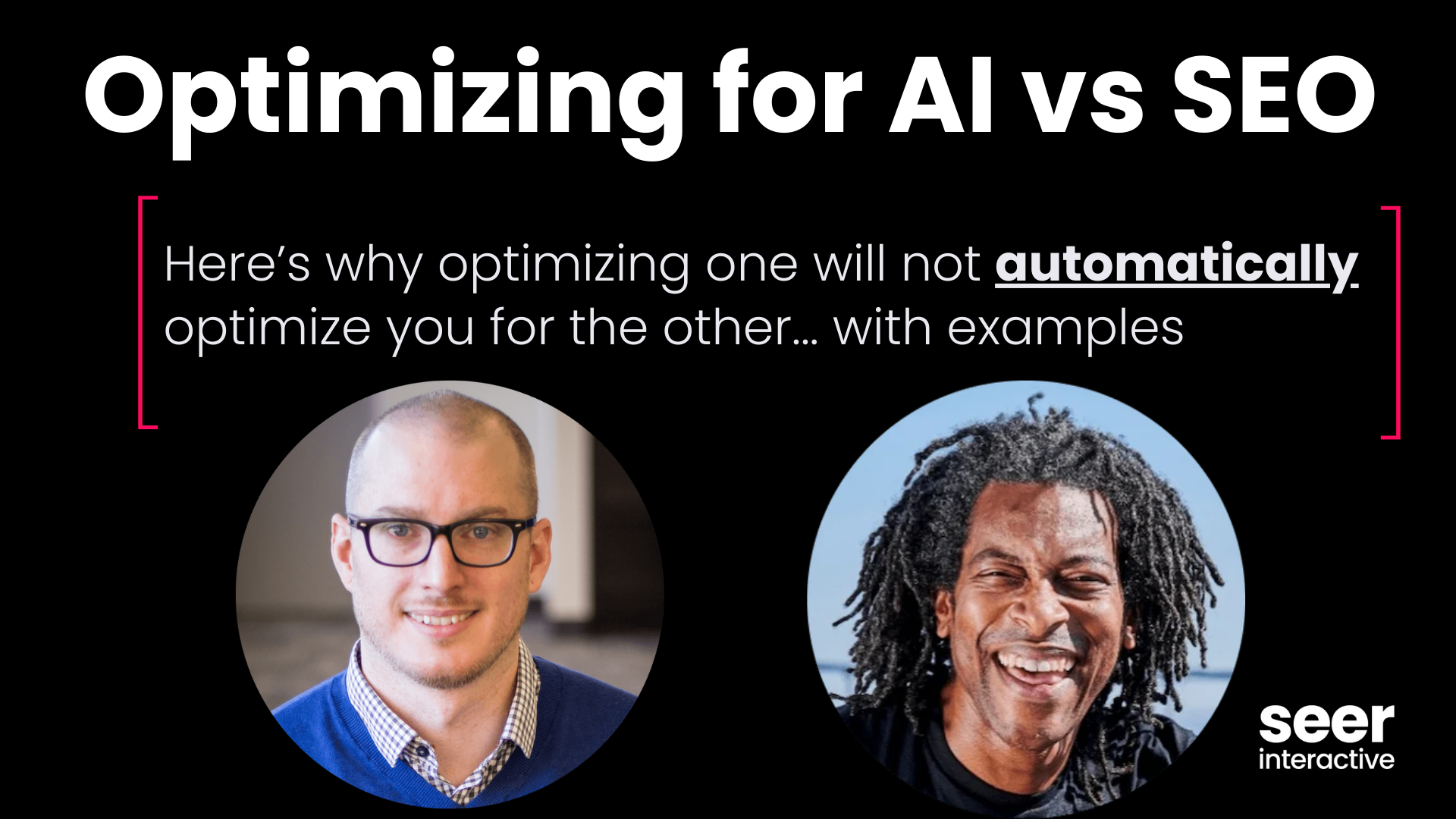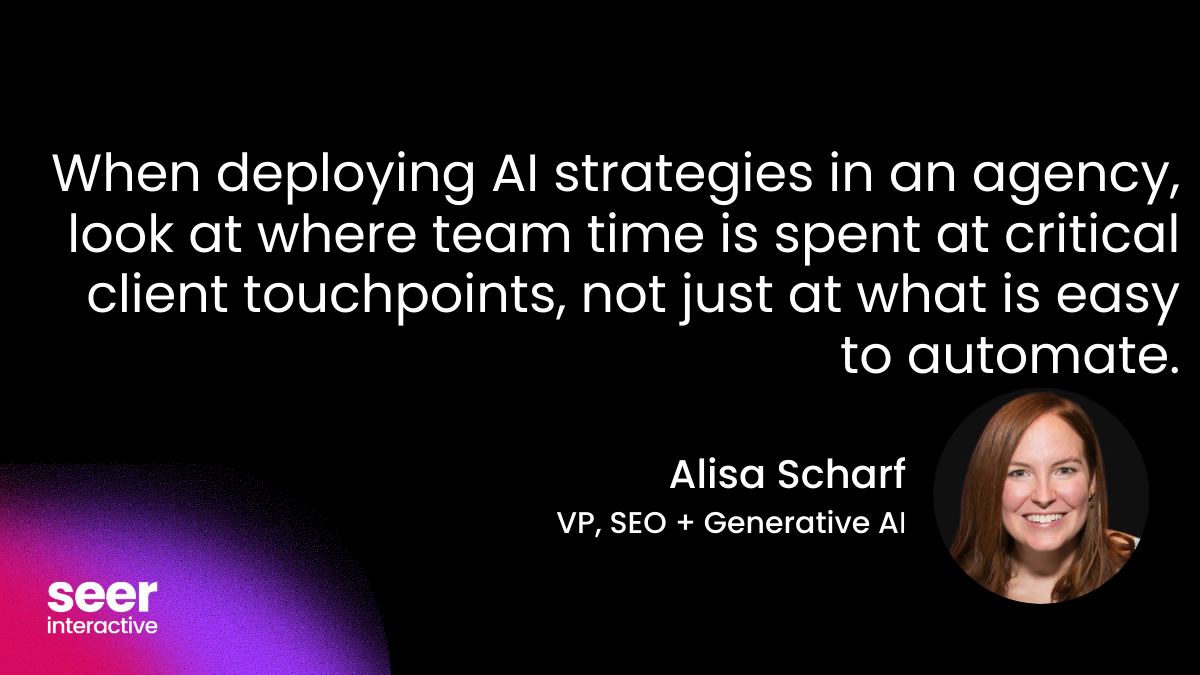PPC campaigns are built like houses. Keywords are the foundation. Killer ads and optimized landing pages will be worth nothing if the appropriate searchers aren't seeing your ad. How do you connect with the correct audience? Start with a well thought-out and tailored keyword list. Please note: this post refers primarily to search and not content keywords.
"Keywords" versus "Queries"
First, let's talk about the difference between "keywords" and "search queries." The individual word or set of words advertisers bid on are called keywords. Search queries are the words or combination of words users actually type into the search box.  For example, an advertiser might bid on the keyword "Philadelphia camping." The Adwords Search Term report (also referred to as the Search query report) allows advertisers to identify which queries visitors typed into a search bar triggered their ad. Dependent upon a keyword's match type, different variations like "camping near Philadelphia," "best places to camp Philly," or "camping store Philadelphia" might show up in the report.
For example, an advertiser might bid on the keyword "Philadelphia camping." The Adwords Search Term report (also referred to as the Search query report) allows advertisers to identify which queries visitors typed into a search bar triggered their ad. Dependent upon a keyword's match type, different variations like "camping near Philadelphia," "best places to camp Philly," or "camping store Philadelphia" might show up in the report.
Keyword Match Types
There are different match types for search keywords. Match types help control when, and how broadly, a search engine will trigger your ad based on the keyword.
The broader the keyword match type, the more likely that your ad will trigger for a range of search queries. Each match type is specified by a specific symbol in Adwords.
When setting up a Search campaign, advertisers can choose to have their ads show for close variants of exact and phrase match keywords. Close variants include:
- Misspellings
- Singular or plural forms
- Acronyms
- Stemmings (such as camping or camps)
- Abbreviations
- Accents
Broad match types are the default match type in Adwords. Broad match keywords can trigger ads for search queries that contain any specific word in your Keyword along with other longer-tailed words, synonyms, and variations. Broad match modifier (+) keywords can trigger ads for search queries that contain the specific words with the "+" preceding them, or close variation in any order. The main difference between broad match and modified broad match keywords is that MBM won't show your ad for synonyms or related searches. Phrase match ( “ “ ) keywords can trigger ads for search queries that contain your exact keywords only, or with your exact keywords plus an additional few words before or after it. Exact match ( [ ] ) keywords can trigger ads only when your exact keywords is queried without any additional words. Negative match ( - ) keywords are used to prevent your ad from showing to people for certain items.
Which Match Type Do I Choose?
Choosing the appropriate keyword match types are imperative for a paid campaign's success. You could build out the most relevant list of keywords, but if they're all set to broad match without any negative keywords added it is likely that your ad will show for a number of irrelevant searches. When choosing match types, Google typically recommends a "broad to narrow" strategy. For companies that are brand new to Adwords, this should be scrutinized carefully as you may not know which keywords work. Regardless of how you approach your keyword match type selecting-strategy, be sure to regularly run a search terms report to ensure that your ads are being triggered only for relevant queries. You can glean a lot from a search terms report, from identifying new keywords themes to identifying specific keyword queries to add as negatives to help increase campaign performance.
What are some of your favorite keyword research and optimization tools?



